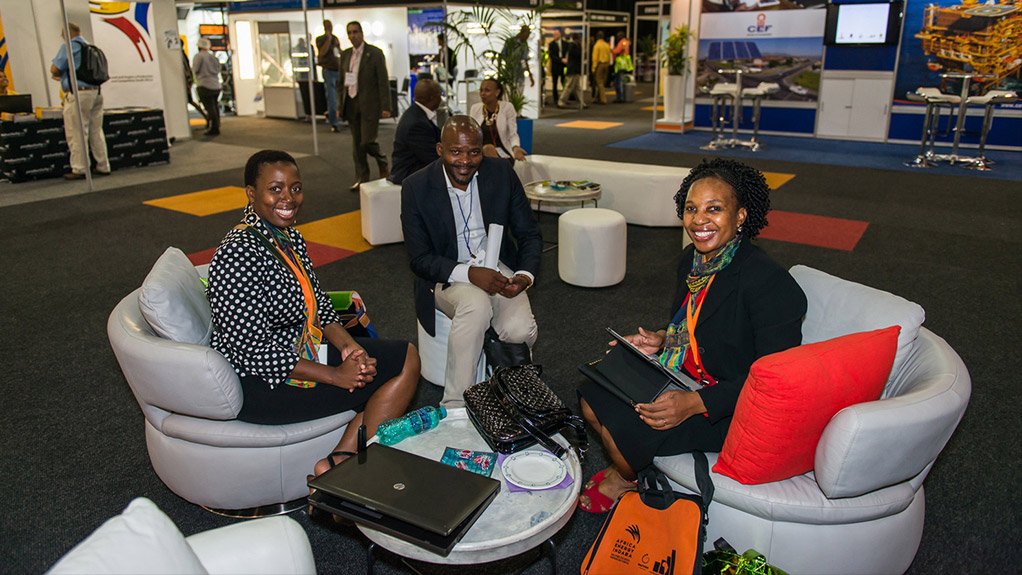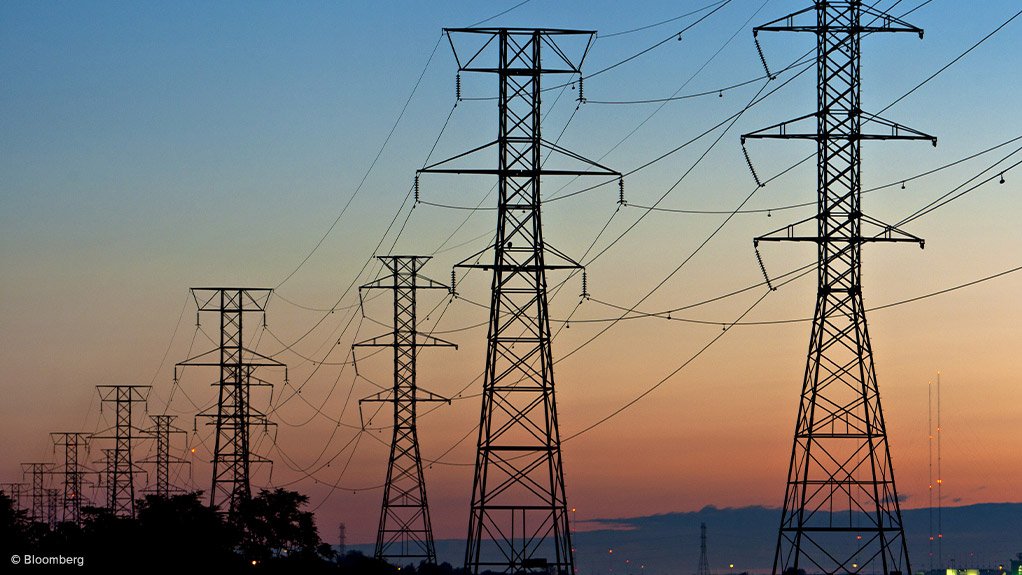

Technical workshops to address energy efficiency



STRONG SHOWING The NCPC-SA and other organisations will present workshops in the technical workshops area, which will be located on the exhibition floor of the Africa Energy Indaba
MITIGATING EMISSIONS NCPC-SA’s South African Industrial Energy Efficiency (IEE) project has mitigating about 3.7-million tonnes of greenhouse gas emissions
Photo by Bloomberg
The Department of Trade and Industry’s National Cleaner Production Centre South Africa (NCPC-SA) programme states that it will host technical workshops at this year’s Africa Energy Indaba.
NCPC-SA communication manager Julie Wells tells Engineering News that the organisation plans on “a strong showing” at this year’s Indaba. The NCPC-SA – aiming to assist industry in transitioning to a low-carbon and more sustainable operating model – and other organisations will present workshops in the technical workshops area, which will be located on the exhibition floor, on topics such as Industry 4.0 in energy and applying energy management in a company.
Wells reveals that the NCPC-SA’s workshops will also focus on energy management opportunities and on engaging visitors on the establishment of a professional body to regulate professionals who will measure energy and other resource efficiencies, as well as greenhouse-gas (GHG) savings.
Wells stipulates that adopting energy efficient production methods, as well as reducing one’s operational footprint, is fast becoming paramount to industry. She says that, in light of the Climate Change Bill and more stringent carbon taxes, businesses will be forced to report their carbon footprint and demonstrate how they are working to reduce their impact.
“In our current energy mix, energy consumption cannot be separated from carbon emissions and we would like to show industry that reducing their energy consumption results in fewer tonnes of carbon dioxide for them to report,” stresses Wells.
Achieving optimal energy efficiency not only results in a reduction of GHG emissions but also translates into reduced operational expenses related to energy consumption and environmental taxes, she adds.
Wells cites the work of the NCPC-SA’s South African Industrial Energy Efficiency (IEE) project as an example of what achievements are possible when optimal energy efficiency practices are adopted. The project has been assisting industrial companies improve their energy efficiency since 2010. To date, the project has assisted various industrial plants in reducing their energy consumption, saving 3 800 GWh of energy in the process, equating to R3.1-billion and mitigating about 3.7-million tonnes of GHG emissions.
Now in its second phase, the project is a multi-stakeholder initiative that supports increased and sustained energy efficiency in the industrial and selected commercial sectors. It does so by promoting the increased adoption of energy management systems and the energy management ISO 50001 series, as well as energy systems optimisation of high energy use systems.
The project has also been recognised by the United Nations Framework Convention on Climate Change as a nationally appropriate mitigation action for South Africa. As a result, it is one of the projects against which South Africa is reporting its climate mitigation activities.
Further, Wells states that the NCPC-SA is also hoping to get industry’s support for the establishment of a professional body for the registration and certification of energy and resource efficiency practitioners during its series of planned workshops.
“If South Africa is going to implement carbon tax and GHG reporting, then companies will need to employ experts to do the measurement and verification required to claim any incentives and prove their reports are legitimate.”
Wells warns that the opening of an energy efficiency focused market could potentially give rise to substandard and ill-equipped professionals offering to provide solutions that will not hold up under scrutiny when companies apply for compliance or rebates.
She outlines that the proposed professional body will, therefore, be an independent body that will set criteria, drive the development of required skills and accredit practitioners with professional designations, depending on the extent to which they meet the requirements to provide the reports companies will require.
The process of establishing such a body is in the consultative stage, with the NCPC-SA hoping to garner industry support at this year’s Africa Energy Indaba.
“What we hope to see in future is that businesses of all sizes implement life-cycle thinking when designing and producing their products – considering all the impacts of the processes they use. Behavioural changes are critical to establishing a sustainable economy, as well as a sustainable energy model,” concludes Wells.



